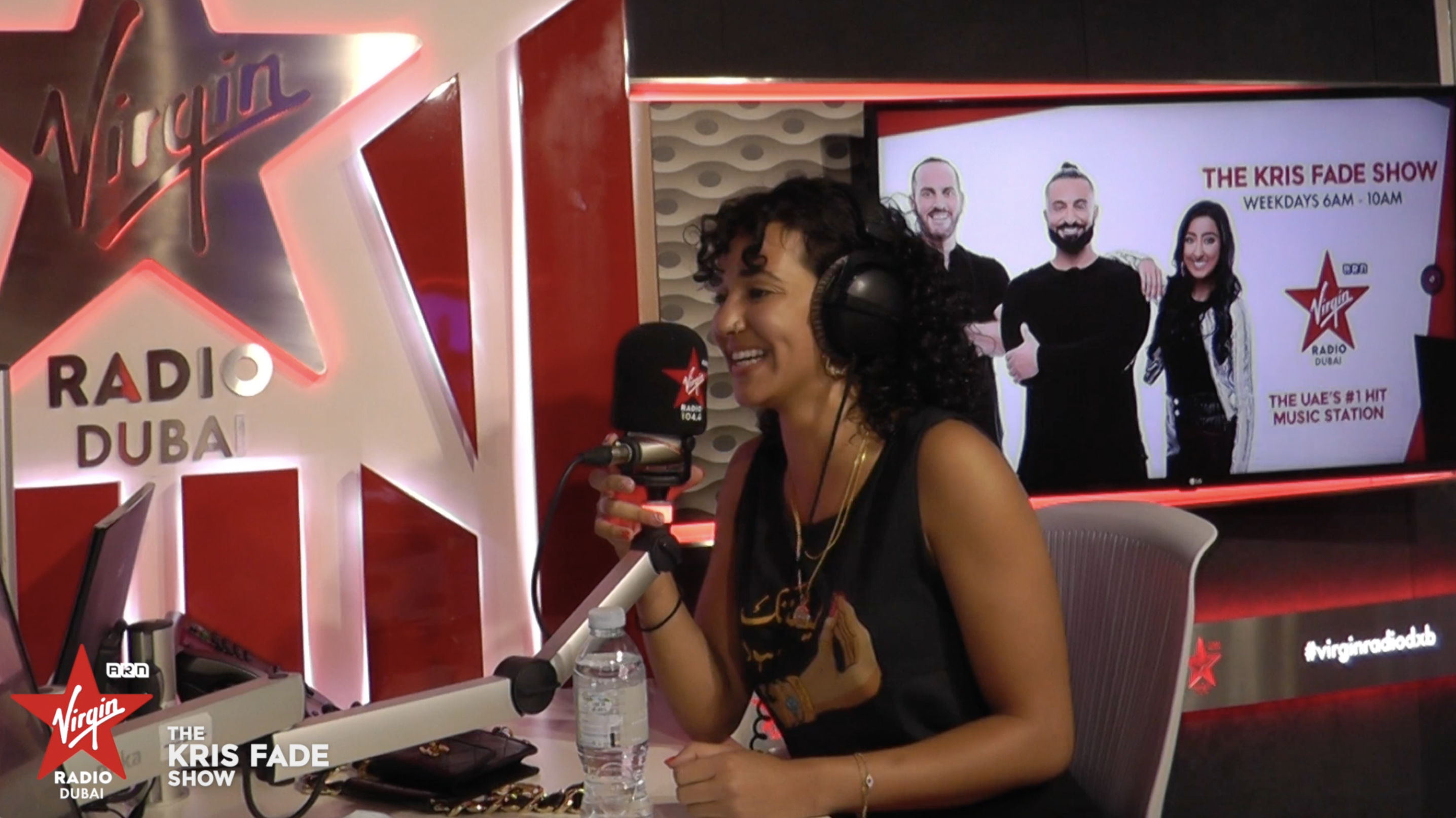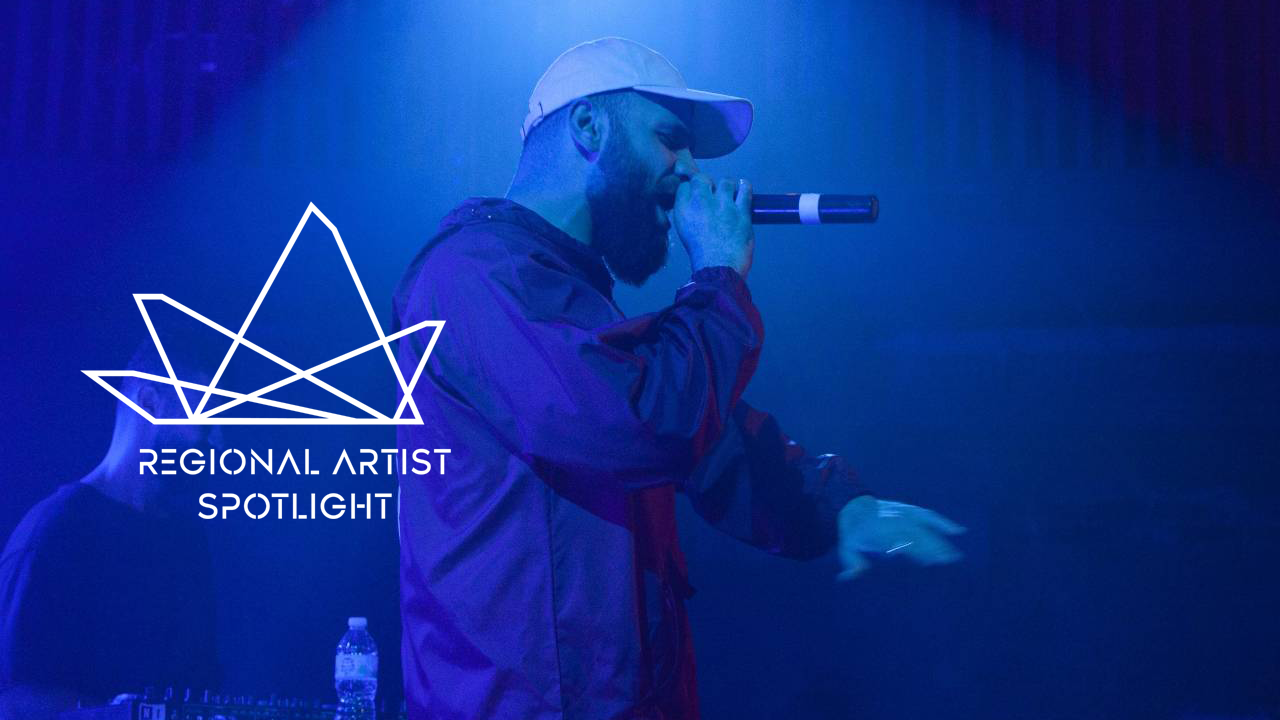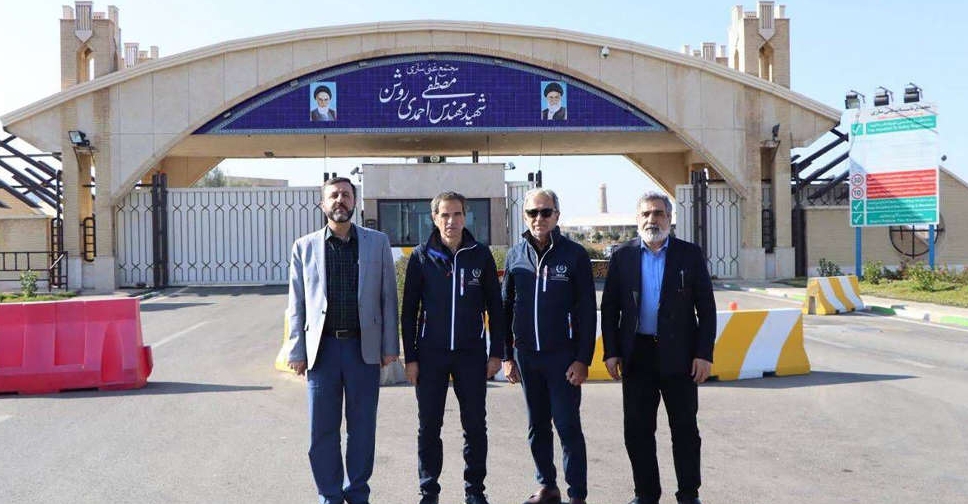
The head of the UN nuclear watchdog visited two Iranian nuclear sites on Friday as part of a visit to Iran, ahead of an expected European diplomatic push over Tehran's atomic activities before Donald Trump's return to the White House.
During the visit, Iran's foreign minister told International Atomic Energy Agency chief Rafael Grossi that Tehran is willing to resolve outstanding disputes over its nuclear programme but won't succumb to pressure.
Grossi visited the Natanz nuclear plant and the Fordow enrichment site, which is dug into a mountain around 100 km (60 miles) south of the capital Tehran, state media reported, without giving details.
Relations between Tehran and the IAEA have soured over several long-standing issues including Iran barring the agency's uranium-enrichment experts from the country and its failure to explain uranium traces found at undeclared sites.
"The ball is in the EU/E3 court," Foreign Minister Abbas Araqchi wrote on X following talks in Tehran with Grossi on Thursday, referring to three European countries - France, Britain and Germany - which represent the West alongside the United States at nuclear talks.
"Willing to negotiate based on our national interest and inalienable rights, but not ready to negotiate under pressure and intimidation," Araqchi said.
France's foreign ministry spokesman told reporters the three European powers would wait to see the results of Grossi's visit before deciding how to respond.
"We are fully mobilised with our E3 partners and the United States to bring Iran to the full implementation of its international obligations and commitments as well as cooperation in good faith with the agency," he said.
"That mobilisation comes in different ways, including through resolutions ... so we expect that these messages are passed during Rafael Grossi's visit and we will adapt our reaction accordingly."
Trump's return to office as US president in January upends nuclear diplomacy with Iran, which had stalled under the outgoing administration of Joe Biden after months of indirect talks.
During Trump's previous tenure, Washington ditched a 2015 nuclear deal between Iran and six world powers that curbed Tehran's nuclear work in exchange for relief from international sanctions.
Trump has not fully spelled out whether he will resume his "maximum pressure" policy on Iran when he takes office.



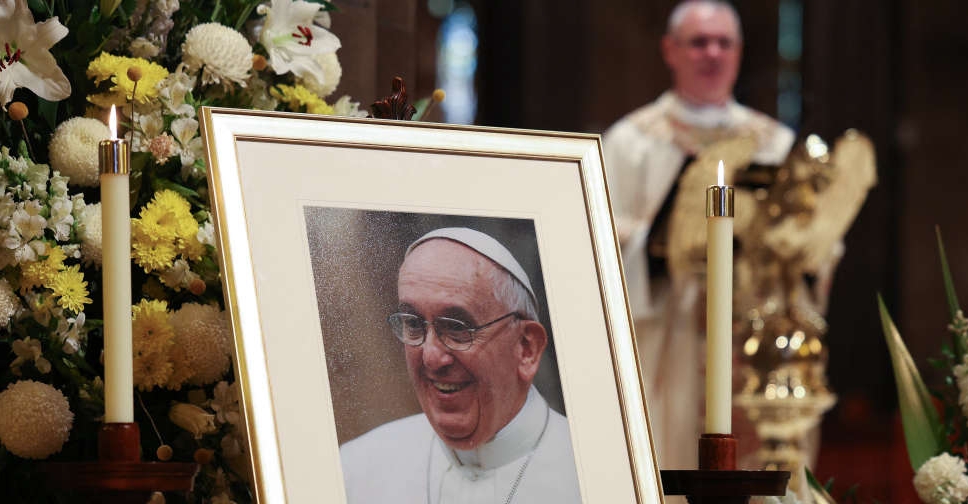 Pope Francis' funeral to be held on Saturday, Vatican says
Pope Francis' funeral to be held on Saturday, Vatican says
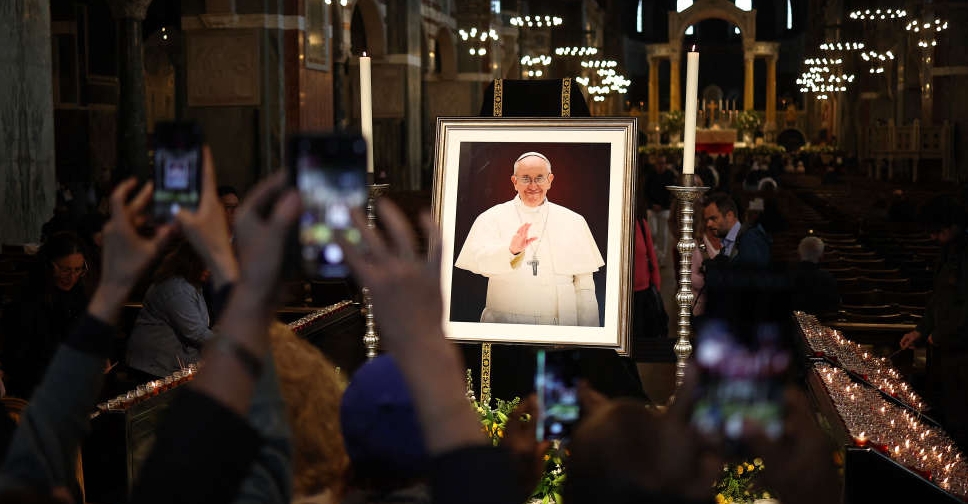 Cardinals meet after death of Pope Francis, plan for funeral
Cardinals meet after death of Pope Francis, plan for funeral
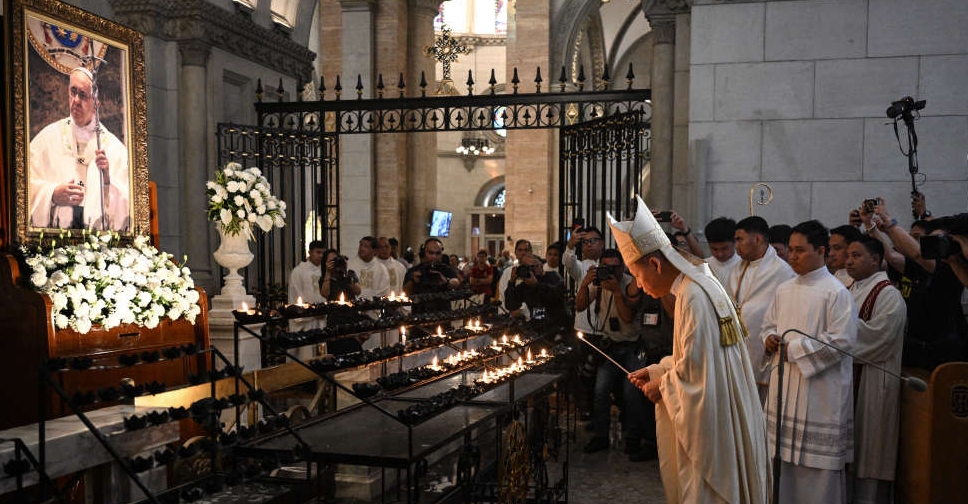 'A true father to us': Filipinos mourn Pope Francis
'A true father to us': Filipinos mourn Pope Francis
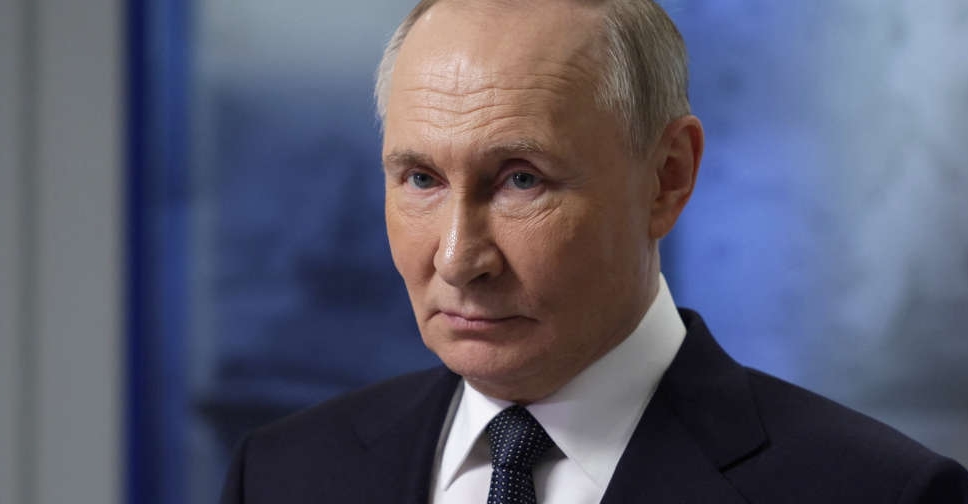 Putin says he is open to direct peace talks with Ukraine
Putin says he is open to direct peace talks with Ukraine



